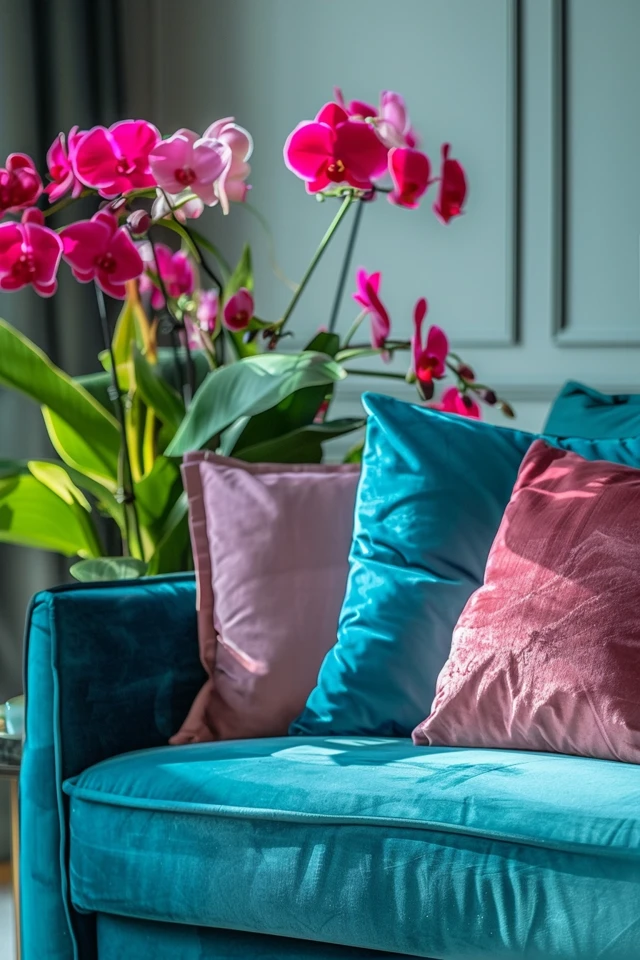When the air conditioning in your home suddenly stops working, it can leave you feeling hot, frustrated, and desperate for relief. However, there are several practical and cost-effective ways to keep your house cool without the AC. By taking advantage of simple DIY cooling solutions and implementing smart strategies, you can maintain a comfortable living environment even during AC failures.
Key Takeaways:
- Use fans strategically to create a refreshing breeze and circulate air in the room.
- Place wet towels on your neck and wear damp clothes to cool yourself down.
- Utilize ice cubes or a block of ice to create a cooling effect in the room.
- Close blinds and curtains to minimize heat from the sun.
- Avoid using heat-generating appliances to reduce heat inside the house.
Effective Strategies for Keeping Your House Cool
When faced with the challenge of keeping your house cool without air conditioning, there are several effective strategies that you can implement. By utilizing these methods, you can create a more comfortable living environment even during the hottest days of summer.
1. Cross-Ventilation
One of the simplest and most effective ways to cool your house naturally is through cross-ventilation. By strategically opening windows on opposite sides of your home, you can promote airflow and create a refreshing breeze. This can be especially effective during the cooler parts of the day when the outside air is less hot.

2. DIY Air Cooler
If you’re looking for a quick and inexpensive cooling solution, consider making a DIY air cooler. Simply place a bowl of ice in front of a fan. As the fan blows air over the ice, it will circulate cooler air throughout the room. This can provide temporary relief from the heat and create a more comfortable atmosphere.
3. Nighttime Cooling
Take advantage of the cooler nighttime temperatures by opening windows in the evening to let in the cool air. As morning arrives and the temperature starts to rise, close the windows to trap the coolness inside. This simple practice can help maintain a comfortable temperature in your home without the constant use of fans or air conditioning.
4. Energy-Efficient Lighting
Reduce the heat production in your home by switching to energy-efficient LED lights. Traditional incandescent bulbs generate a significant amount of heat, which can contribute to the overall temperature of your house. By making the switch, you can lower both your energy consumption and the heat output, creating a more comfortable living space.
5. Sealing Drafts and Leaks
Prevent hot air from infiltrating your home by sealing drafts and leaks around doors and windows. Use weatherstripping or caulk to fill any gaps and cracks, ensuring that your house remains well-insulated. This not only helps keep the cool air inside but also keeps out unwanted heat and humidity.
6. Cooling Sheets and Pillows
For a more comfortable sleeping experience, consider using cooling sheets and pillows. These specially designed bedding materials are made from breathable fabrics that help regulate body temperature and wick away moisture. By incorporating cooling bedding into your sleep routine, you can wake up feeling refreshed and well-rested.
By implementing these effective strategies, you can keep your house cool and comfortable, even without air conditioning. Whether you’re looking to save energy or dealing with an AC failure, these tips will help you create a pleasant living environment during the hottest months of the year.

Additional Tips and Expert Advice
When it comes to beating the heat without air conditioning, there are some additional tips and expert advice that can help you stay cool and comfortable.
One simple yet effective hack is to freeze water bottles and place them in front of fans. As the air circulates around the frozen bottles, it creates a refreshing and cooling breeze. This DIY cooling method can provide an additional level of comfort during hot summer days.
Another smart solution is to apply heat-reflective window films. These films can significantly reduce the amount of solar heat entering your home, keeping the indoor temperature cooler. By blocking the harmful UV rays and preventing heat transfer, window films provide a cost-effective and energy-efficient way to combat heat gain.
Utilizing basements is another strategy. Basements tend to be naturally cooler due to their location underground. Spending time in the basement during hot days can offer a welcome respite from the sweltering heat upstairs.
To cool yourself down quickly, consider taking cold showers or baths. The cold water helps lower your body temperature, providing instant relief from the heat. It’s a natural and refreshing way to stay cool, especially during heatwaves.
Additionally, unplugging electronics can help prevent unnecessary heat buildup in your home. Many appliances generate heat while in standby mode or even when turned off. By unplugging these electronics when not in use, you can reduce the overall heat output and keep your space cooler.
Finally, for professional AC repair and maintenance, it’s important to seek the help of trained technicians. Regular maintenance by professionals ensures that your AC system is functioning optimally, maximizing its cooling performance and energy efficiency. Don’t hesitate to contact a trusted HVAC service provider to address any issues and keep your home comfortably cool.


